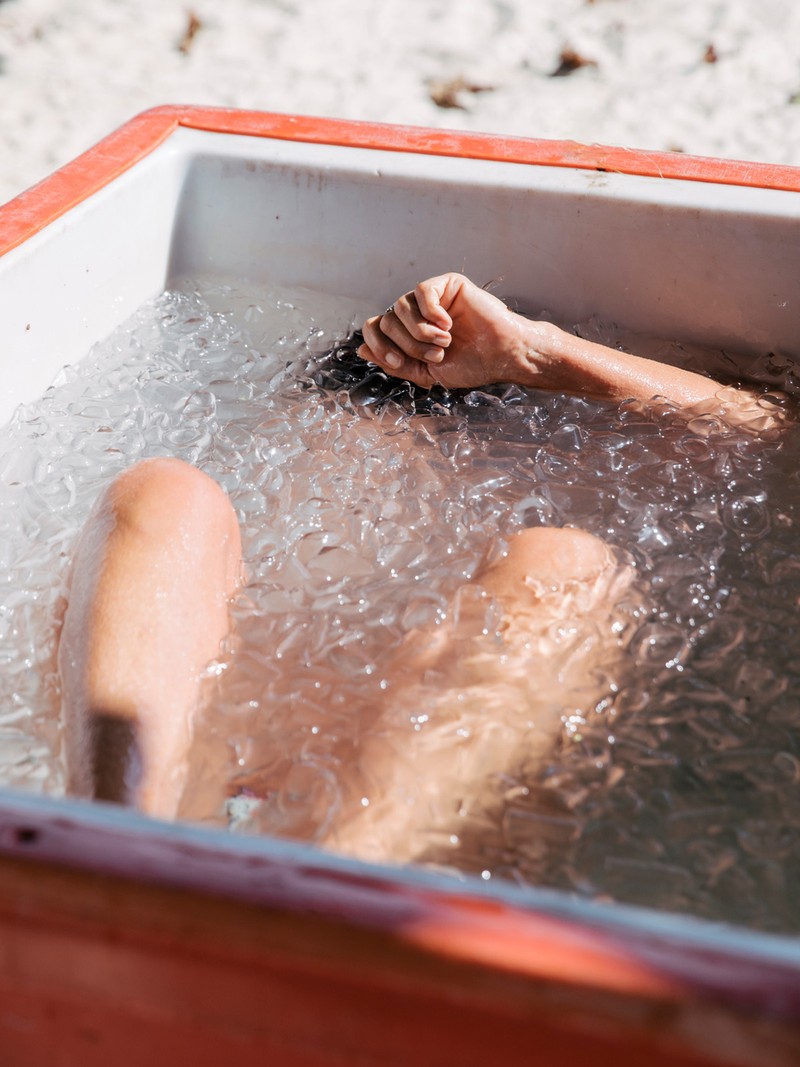Your 101 Guide To At-Home Ice Baths
Not so long ago, ice baths were the preserve of elite athletes and Wim Hof. There weren’t many of us ready to pay to install one in our home. But in 2024, the number of people adding cold plunging to their routine is skyrocketing, and the global market could be worth half a billion dollars by 2030.
Although much of the scientific evidence of the effectiveness of cold water therapy for boosting mental clarity, supporting the immune system and easing sore muscles is at an early stage, health-conscious celebs from Joe Wicks to Chris Hemsworth are fans. Here’s what we know about ice baths so far…
*They might ease post-workout inflammation*
Immersing yourself in freezing water decreases your body temperature, which can reduce post-workout inflammation and triggers the tissue healing process. Depending on what you’re doing in your workout, you can use an ice bath to your advantage. “We would always recommend having an ice bath before a workout designed for muscle gain due to its ability to increase natural testosterone levels,” says Gavin Teague, co-founder of ice bath specialist LUMI Therapy. “It’s also great after a run to reduce lactic acid build-up. Under 15°C for 11 minutes cumulatively per week is recommended for the most benefits.”
*…But don’t get complacent*
If the post-workout benefits sound tempting enough to jump right in, the overriding approach should still be one of caution. “Getting into too cold temperatures can shock your body which can lead to spike in blood pressure and heart rate,” says Dalton Wong, performance coach and founder of Twentytwo Training. “It can also lead to hyperventilation and rapid breathing.”
*They might strengthen your immune system*
Full body immersion in cold temperatures stimulates your lymphatic system, which makes up a big part of your immune system. When faced with extreme cold, your lymph vessels contract and push lymph fluid through your body. This fluid plays an important role in immune strength because it’s packed with white blood cells called lymphocytes, which help rid the body of waste and toxins, and fight infection.
*…But be sensible*
If you’re battling a seasonal cold, it’s tempting to try anything to get rid of the symptoms. An ice bath while you’re actively sick however is not the best course of action, as it can be taxing on an already vulnerable immune system. Equally, if your body temperature is skewed because of illness, it’s not a good idea to throw freezing cold temperatures into the mix, so wait until you’re feeling more back to normal before taking the plunge. “Colder doesn't equal better. Ice baths are a powerful tool, and need to be treated with respect,” warns Laura. “I also advise against doing ice baths when you're already stressed or ill because ice baths are a hormetic stressor – they put a healthy stress on your body, which you positively adapt to, like exercise. But when your immune system is already compromised, you don’t want to stress it further.”
*They might reduce anxiety*
When you’re first exposed to freezing water, your body experiences a cold shock response which triggers stress hormones like cortisol. Although it plunges your body into an initial state of stress, repeated immersion has an acclimatisation effect, which over time helps regulate the shock response and can reduce the impact of the stress hormones. Cold temperatures like those experienced in an ice bath also trigger the production of neurotransmitters like endorphins and dopamine – one study found regular cold water swimming increased dopamine levels by 530%.
“It’s my go-to health hack for taking control of my mental, physical and emotional health,” says Laura Fullerton, founder of smart ice-bath maker Monk. “The surge of endorphins is immediate, and the dopamine boost will last for hours, so the instant reward makes the short-term discomfort worth it.”
*…But they’re not for everyone*
That said, ice baths are best avoided if you have certain health conditions like high blood pressure or heart disease, both of which are often issues for those carrying extra body weight. Those with diabetes can find their ability to sense tissue damage is inhibited, so submerging yourself in iced water for any length of time isn’t a great idea. “Prolonged cold exposure can reduce blood flow enough to kill tissue and cause permanent neuropathy,” adds Dalton. It’s something echoed by Gavin, who suggests seeking medical advice if you’re at all concerned. “I would suggest anyone with any underlining issues like heart defects should be cautious and consult a doctor due to its response on the body being very extreme at first.”
*They might help you lose weight*
If you’re looking to shed excess body fat, indulging in frequent ice baths might be a good idea. Cold temperatures activate brown fat, whose role is to help control insulin and blood sugar. When this fat is activated, it leads to metabolic changes in the body and helps to burn calories. Brown fat can also reduce insulin resistance which is common in people with obesity or those carrying excess weight.
And here’s what to know before you start…
“Start slow. Ignore anything you've seen on Instagram – this is about you and your unique physiology. Whether you're using an ice bath, a cold pool or the sea, take slow deep breaths to calm your nervous system before you enter. Step into the water on an exhale, then focus on taking long slow breaths in the water. You can start at a warmish temperature (around 10°C) and just aim for two minutes.” – Laura
“I would suggest anyone with any underlining issues (like heart defects etc) should be cautious and consult a doctor due to the impact of an ice bath on the body being very extreme at first. But everyone should be able to enjoy the benefits at some level.” – Gavin
“Your breath is key to your experience. Staying calm and focusing on long exhales (they’ll be shaky to begin with!) will help you to have the best experience, as will some good music.” – Laura
SHOP THE EDIT
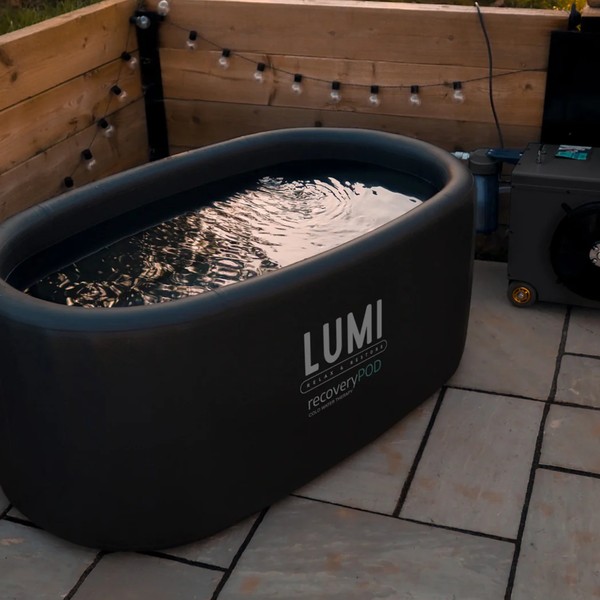
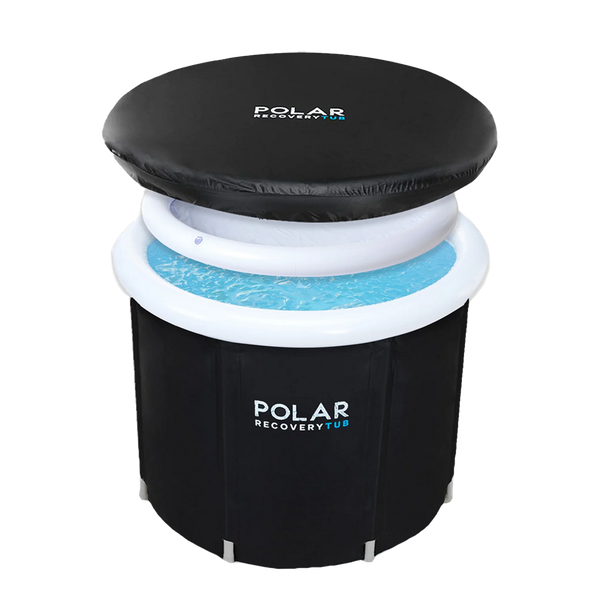
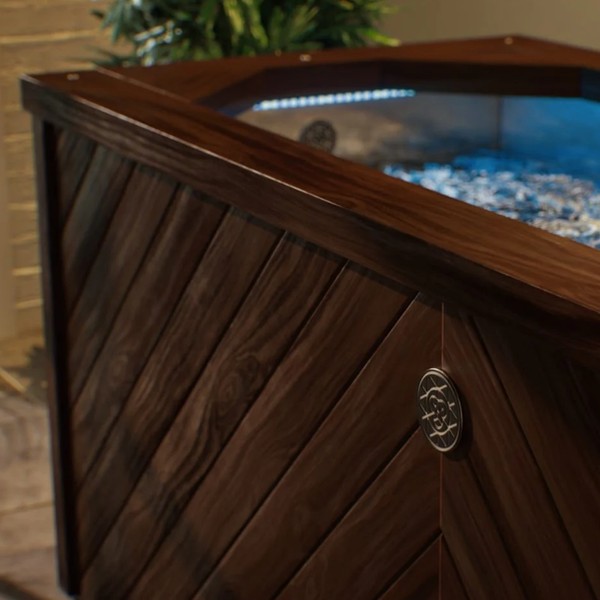
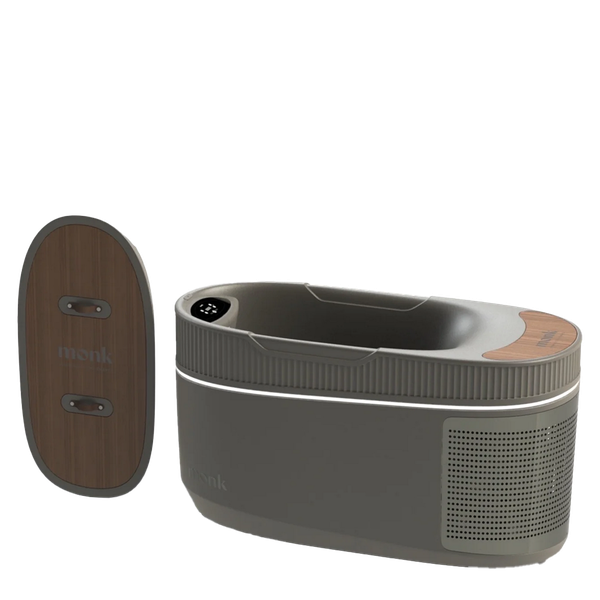
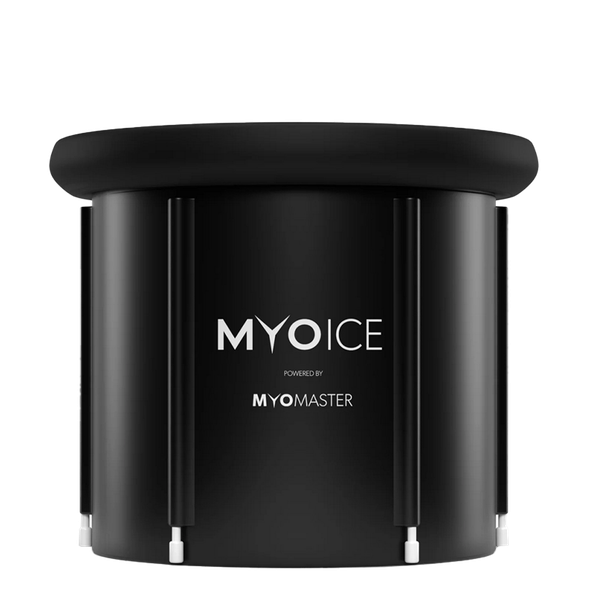
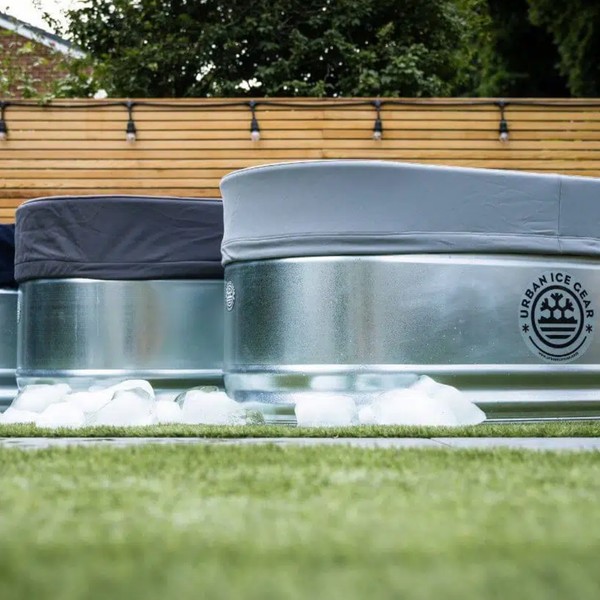
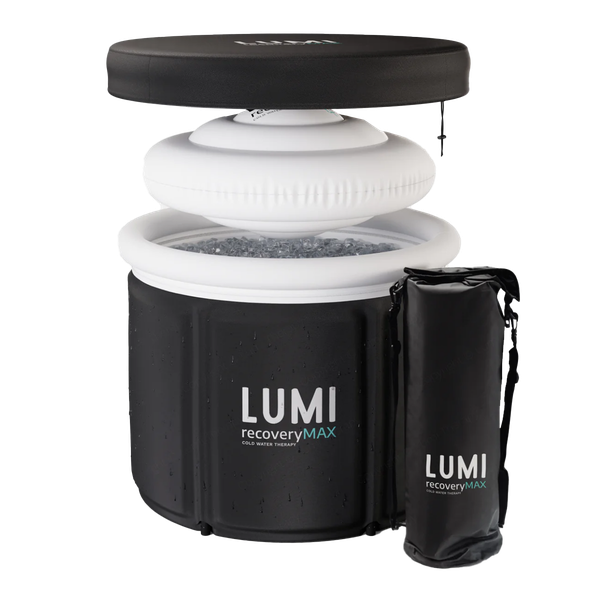
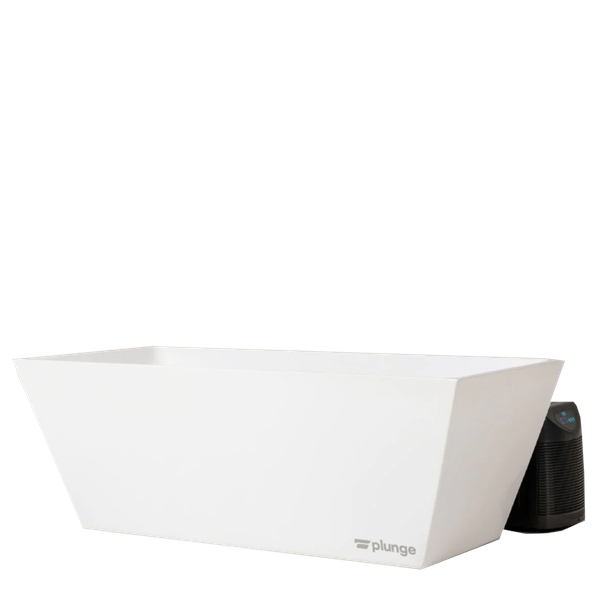
All products on this page have been selected by our editorial team, however we may make commission on some products.
DISCLAIMER: We endeavour to always credit the correct original source of every image we use. If you think a credit may be incorrect, please contact us at [email protected].
